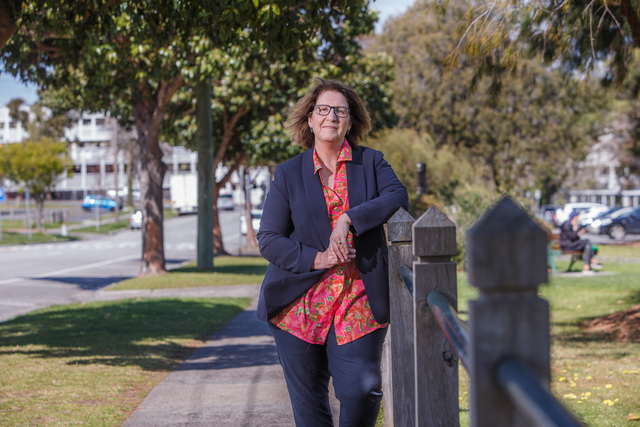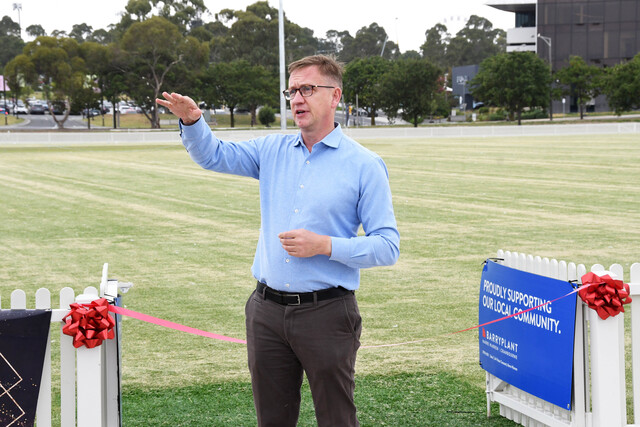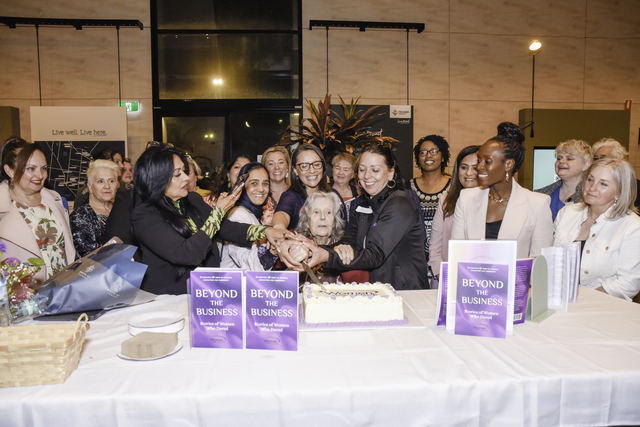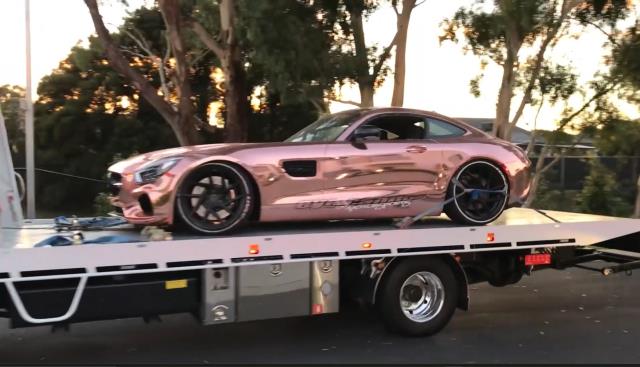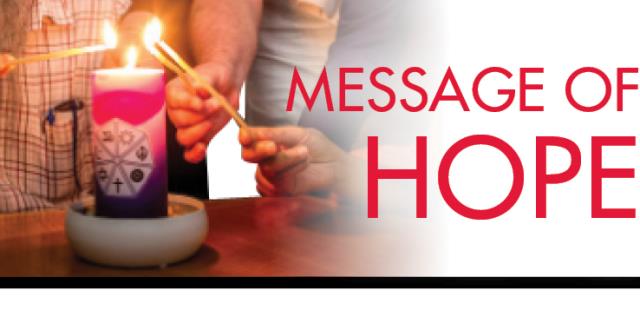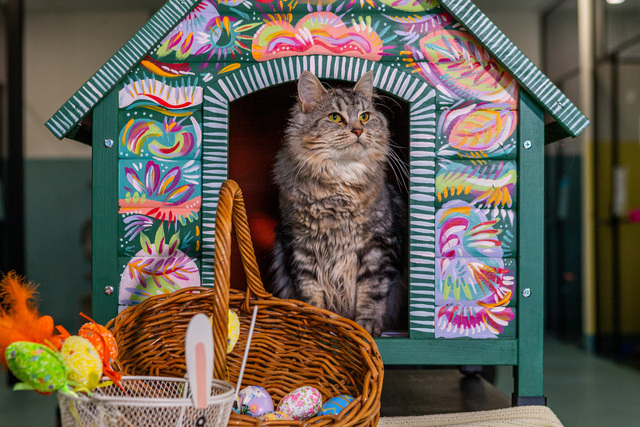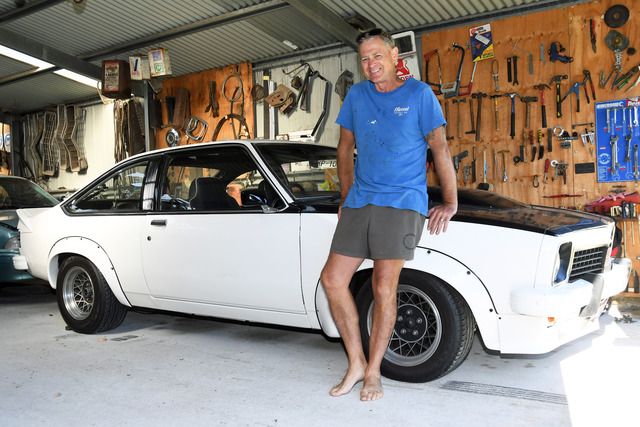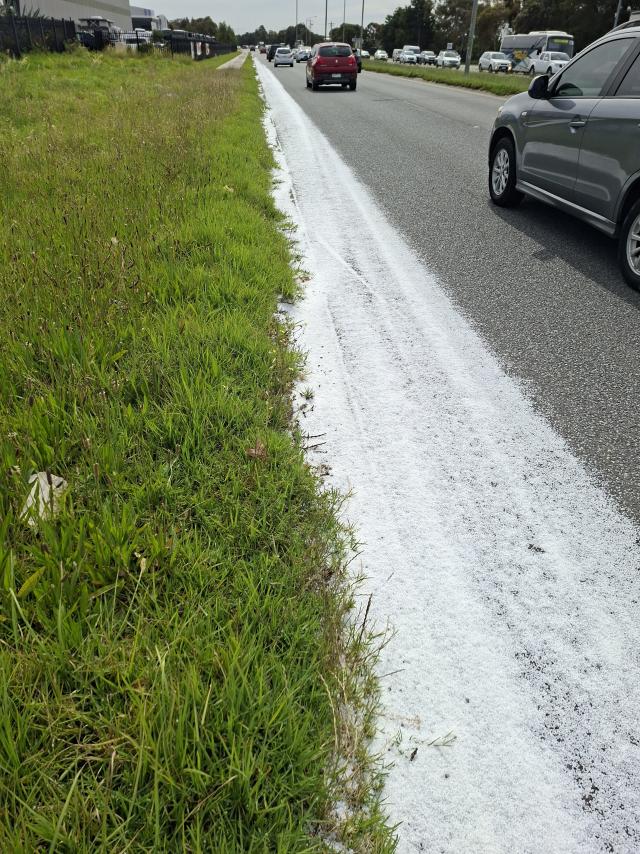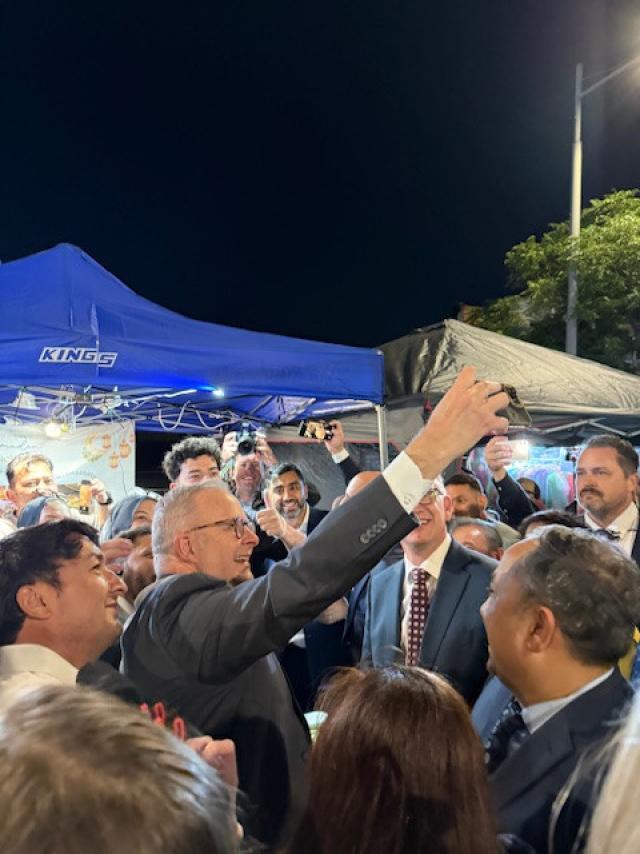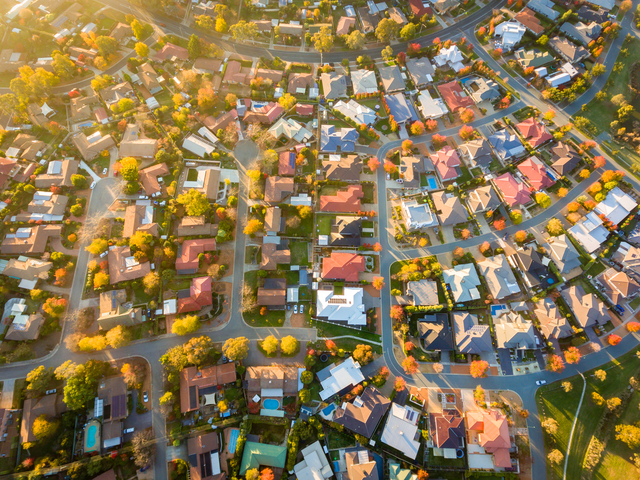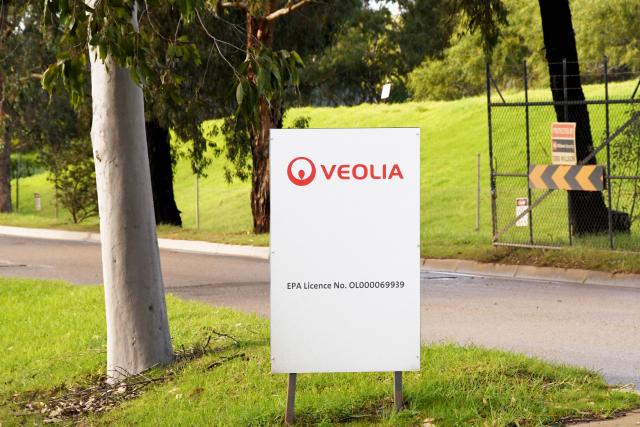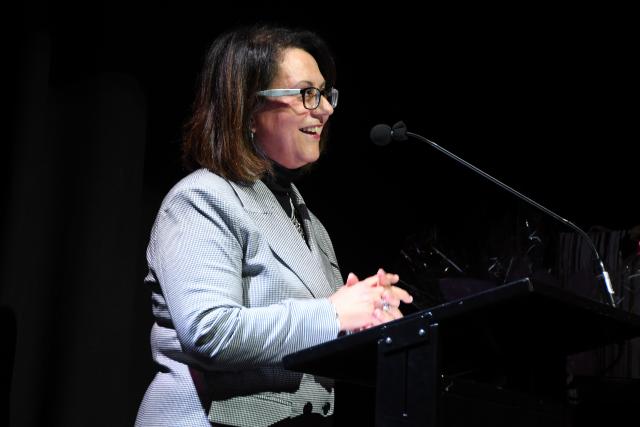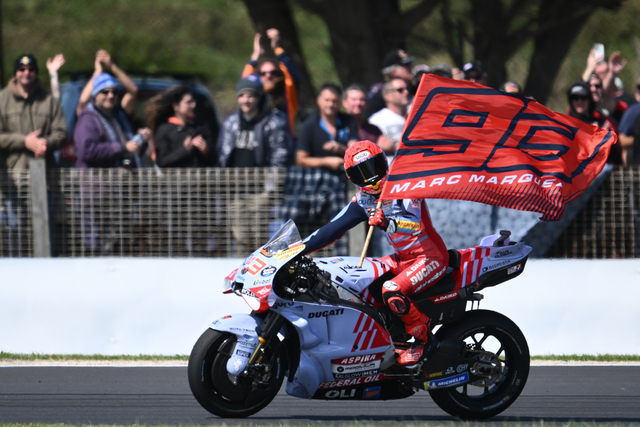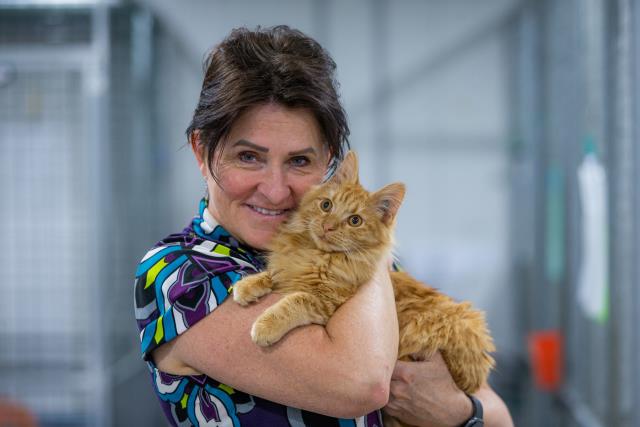Bruce election candidates have voiced support for City of Casey’s pre-Federal budget submission for funding key infrastructure projects and mental health services.
Greens candidate and current City of Greater Dandenong councillor, Rhonda Garad, expressed overall support for the document’s priorities, yet identified some shortfalls in other areas, especially housing.
“Primarily, this is great; those infrastructure projects are very much needed, and I’m particularly pleased to see the Clyde Rail extension there.
“But I think it’s narrow and it is lacking in addressing housing; the survey data came out and it has shown that around 70 per cent of people think housing in a real issue there (Casey).
“This completely locks out people with lower incomes, but it also knocks out the children of those that are brought out there,” she said.
Casey has taken a strong, infrastructure-based focus with their submission, making the Thompsons Road upgrade, Clyde Road corridor upgrade, a Women’s Centre of Excellence and the Clyde Rail Link its four focal points.
The document stated that the priorities highlighted “are integral to support our rapidly growing population and provide the services, infrastructure and community connectivity that our city needs”.
Garad said that a bigger focus on public transport and its connectivity needs to be considered.
“Even if it’s a state issue, I would like to see a push for funding such as 10-minute buses, for example, that will take the burden off these roads,” she said.
“Traffic at peak-hour time is just horrific, and you’re going to get 500,000 people here, you’re not just going to be able to build enough roads to keep that going.”
Likewise, Bruce Labor MP Julian Hill said that with the projected growth, and considering that Casey is one of the fastest growing councils in the state, “it’s essential that infrastructure funding keeps up wth developments”.
“We’re now giving Victorians our fair share, investing almost $23 billion in Victorian infrastructure over the next 10 years.
“In Casey alone, the federal government will deliver $14.3 million over five years to fix local roads.
“Labor has also secured a new five-year infrastructure funding agreement with the states and cleaned up the pipeline which had $30 billion on cost blowouts and unplanned projects under the Coalition,” he said.
Garad’s vision is for roads and public transportation to be addressed in tandem, “so that it’s not an afterthought”.
“We need that high-level planning done, and all levels of government need to coordinate in that.
“We need to see that done in tandem, but we also need to map how every part of Casey has direct and frequent access to public transport hubs.
“You can’t do public transport in a piecemeal way,” she said.
Other items of focus in the document included early years reforms, reducing mobile blackspots in growing suburbs, a commonwealth home support program, and a new Headspace satellite centre in Cranbourne.
On the topic of mental health, Hill said that Labor is investing $1 billion in “new, free mental health services for all Australians”.
This includes a new Medicare Mental Health Centre in Cranbourne and an upgraded headspace Plus in Dandenong.
Casey’s document highlighted that “services have ballooning waitlists”, with both leading services in Casey, Monah Health and Headspace experiencing extensive waitlists of up to four weeks for an initial assessment or intake.
“Medicare Mental Health Centres are a new service offered by the federal government, providing free and confidential mental health care and support.
“These services will be invaluable as our community continues to grow, and will address current shortfalls in mental health support in your area,” Hill said.
For Garad, the Greens’ key priorities are to fully fund the healthcare system, and this is done through “getting billionaires to pay a little bit more tax and also by increasing our revenue from natural resources”.
“We want to fully fund it (healthcare) so it’s free to access, so you can take your Medicare card and get dental care, free access to GPs and so on.
“So mental health is a massive priority, and you know, if you can even find a mental health professional, good luck.”
Garad said that the price, alongside the waitlist, are critical factors that impede residents, especially families and the youth, from accessing the care that they need.
“We want to completely change that,” Garad said.
“We will put mental health into Medicare, but we’ll also fund the training of more medical health professionals and seek partnerships with specialist groups like Headspace.”
Beelining to a more economic focus, Hill, who has been a strong supporter of the Future Made in Austalia Bill 2024, said that after the pandemic, it exposed a “dire need to make more things in Australia”.
Having introduced a framework to bolster domestic manufacturing with a focus on sustainable energy sectors, there’s a strong focus on net zero transformation, and economic resilience and security.
“A future made in Australia is about ensuring we can manufacture food, medicine and other essential items we need instead of relying on other nations,” Hill said.
“In regions like Southeast Melbourne, that means more funding for apprenticeships, more infrastructure and more investment in industries and ideas that will ensure our communities thrive.
“Creating more things here means creating more jobs and growing our economy, making Australia wealthier, more secure and more independent.”
The Liberal candidate for Bruce, Zahid Safi, was contacted for comment.

